Math teacher Jerry Holtorf continues passion in down time
The moving notes of a Frédéric Chopin piano sonata fill the halls of the art wing, resonating from one small practice room. Here, a lifelong piano player crafts melodies and phrases of some of the most challenging pieces ever composed for his instrument. But don’t expect to find a student hunched over the wooden upright grand, perfecting the art. Instead, it is math teacher Jerry Holtorf who spends his plan periods and after school hours practicing the piano, continuing his studies purely for himself.
When Holtorf does not have tests to grade or lessons to plan, he finds his way to a practice room near the band and choir rooms. That is why, Holtorf said, he can usually be found practicing more often at the beginning of the year because his classes have a lighter course load, and he has fewer tests and quizzes to grade. However, now that school is in full swing, and the quarter is coming to a close, Holtorf only gets the chance to play once a week.
“There’s an old saying that playing piano is like recess for adults,” Holtorf said. “So, it’s something to do to release a little creativity or a little stress, I guess. Just to not do what you normally do. And I can only do that when I don’t have as much on my plate or I’m willing to take a little on extra in the nighttime if I have some grading that needs to get done.”
Holtorf has been cultivating his skills since second grade, but he took a brief break from piano in middle school after his family moved. Having just moved, his parents allowed him to stop playing piano as he was adjusting to a new town, but Holtorf began practicing intermittently to play popular tunes that he heard on the radio. He began practicing at full force when college rolled around and his grandfather gave him a hundred dollars to continue his hobby.
Much like any teenager might be reluctant to put in the hours of hard work and diligence to reach his or her full potential, so too did Holtorf despise the forced practice sessions that were required of him as a child. Even a piano veteran such as Holtorf can admit to his reluctance to practice at times.
“I had to practice a half hour every day, and I dreaded it,” Holtorf said. “I hated it. It was horrible. They made me not play on the Nintendo or whatever it was for a half hour to play piano. I hated it so much; I used to complain all the time. We had this egg timer, and I would sit there and force it down slowly when no one was looking to try to get it to go faster. And my half hour turned into twenty minutes. I think my parents always knew.”
Additionally, Holtorf recognizes that this is a talent that, like teaching and parenthood, he has grown into. Having outgrown his athletic prowess in football and having increasingly less time to devote to other clubs due to his commitments at work, piano playing became Holtorf’s primary creative outlet. Yet, he thinks that his talent is not a creative display because he is not inventing anything. But rather, Holtorf enjoys the technical challenge of complex melodies, tricky fingerings, and moments that give his pieces a “wow” factor.
Above all, Holtorf stresses that piano playing was never a viable career option for him; in fact, his friends have pursued jobs in their activities and are quite bored. What remains most important to the math teacher is not the piano or even teaching, but his family.
“It’s not my life’s passion to become a teacher, I wanted to make money,” Holtorf said. “I wanted a Porsche. And I have kind of grown out of that now. I get to spend five or six hours with my kids just about every day. There aren’t a whole lot of people who can say that. So you establish what’s important to you, and my kids are what’s important to me.”
Holtorf maintains his outlook that his hobby was never for awards or recognition, but rather for fun and the self-satisfaction of tackling pieces by his favorite composers such as Chopin, Franz Liszt, Johann Sebastian Bach and Ludwig van Beethoven.
“I make mistakes every time I play,” Holtorf said. “I don’t think I have ever played a piece⚊ any piece⚊ where I have made no mistakes. There’s always something: I didn’t get a fingering quite right on something, I missed a note on a scale, I hit two notes at a time. I didn’t quite get the dynamics right, or something like that. But again, you’re not playing for anyone else; you’re playing for yourself. It’s just for me.”
Grant is a second-year staffer for the Standard, and likes to think of himself as the musical life of room 118. He is highly involved in music, especially...


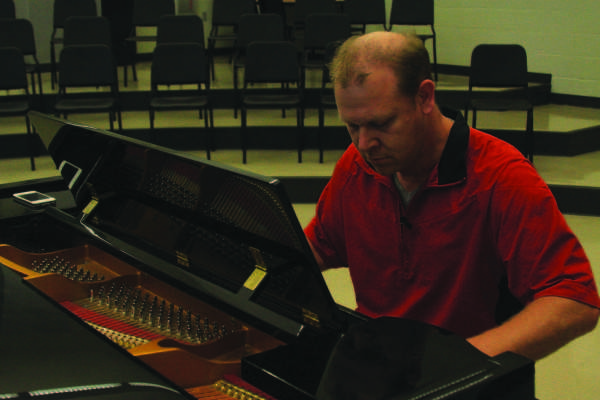
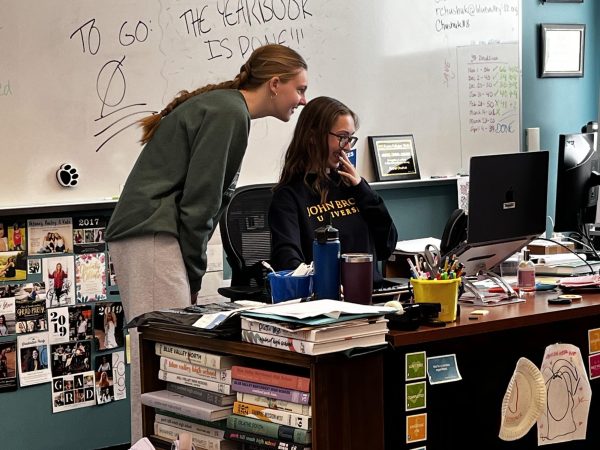
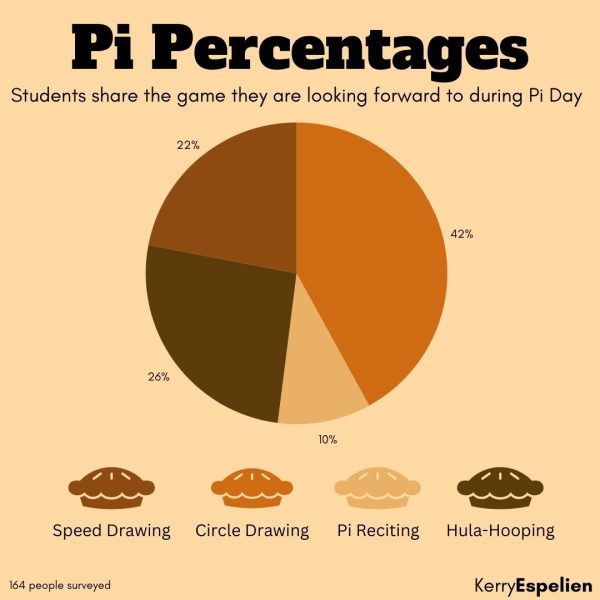
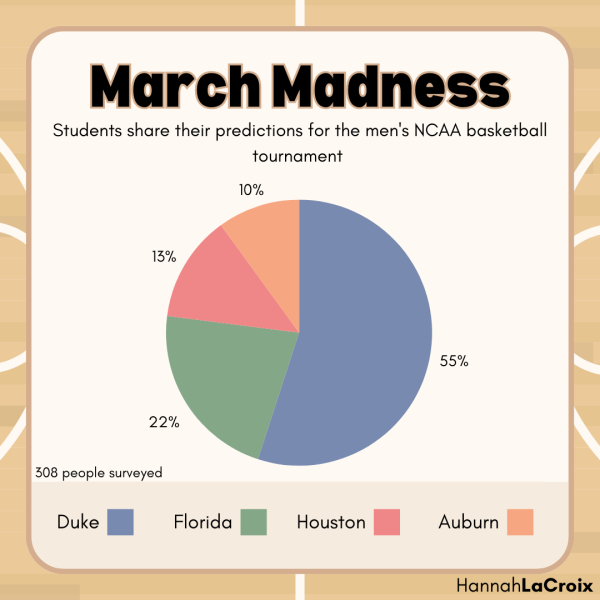


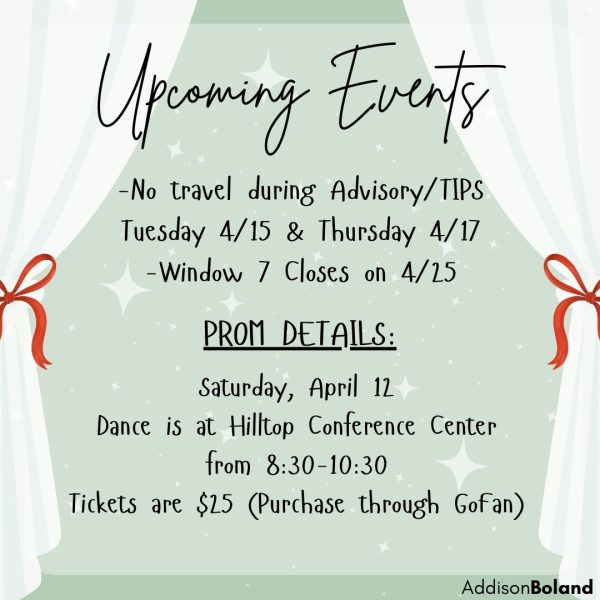
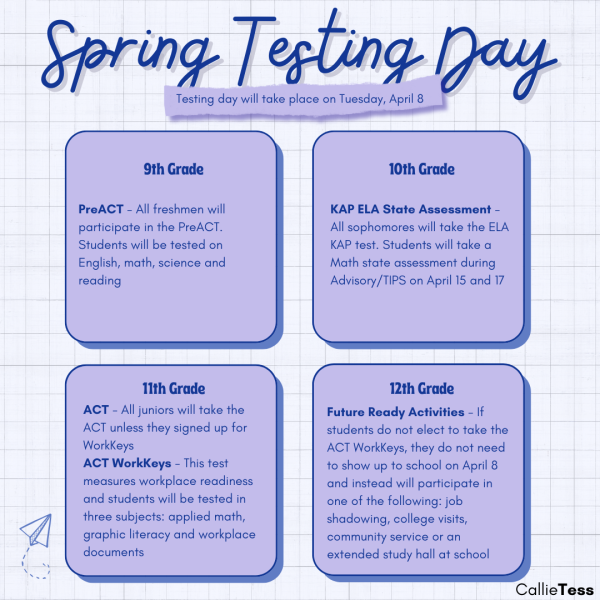
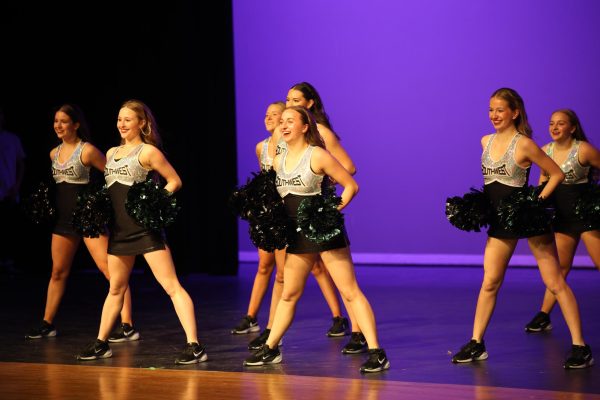

Laney Holtorf • Feb 10, 2021 at 9:08 pm
YO THAT’S MY DAD HAHAHAHAHAHA-